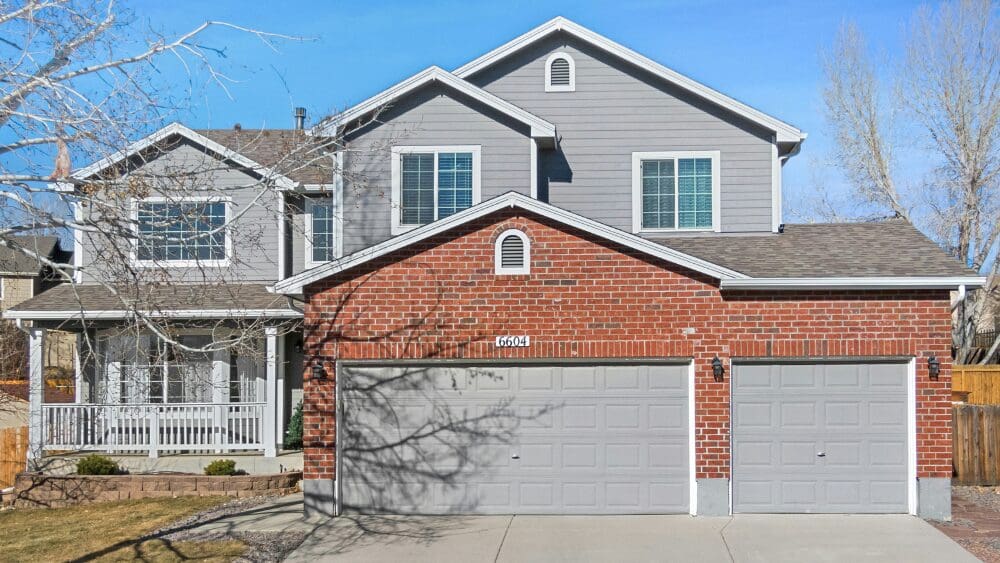
As a home seller, when an offer lands on your table, the dollar amount is usually the first thing you look at. But if that offer is all-cash, it can quickly change your thinking about what qualifies as your “best” offer. Even if it’s lower than you expected, you can find yourself asking, “Should I accept a cash offer for my house?” That’s because a cash offer isn’t just about the money; it’s about speed, certainty, and a streamlined process. The trade-offs in convenience and reduced risk can often lead to a better net outcome, especially when time is of the essence. This guide will give you a data-driven look at how to evaluate a sell-your-house-fast cash offer. We’ll also provide a cash offer comparison calculator to help you decide if it’s the right move for you.
A cash offer is a proposal from a buyer who has enough funds on hand to purchase your home outright, without needing to secure a mortgage from a lender. This changes your selling strategy by removing the financing contingency — one of the most common hurdles that can cause a traditional sale to fall apart. The result is a much faster, simpler, and more certain path to the closing table. Unlike a financed sale, which can take 30 to 60 days to close, a cash transaction can often be completed in as little as 7 to 14 days — sometimes even sooner. This accelerated timeline is possible because you bypass several time-consuming steps: Cash buyers come in many forms, from individuals using their savings to large-scale house-buying companies and investment groups. Each type has different motivations that influence their offers and terms. The best fit depends on your home’s condition and your selling priorities. Here’s a snapshot of the four main types of buyers who use cash. These are everyday buyers who happen to have the cash on hand to purchase a home. They might be retirees downsizing, wealthy individuals, or people who have recently sold another property or stocks. There is also a growing number of buyers using innovative programs like HomeLight’s Buy Before You Sell to unlock the equity from their current home, allowing them to make a compelling, non-contingent cash offer on their next one. Investors and house flippers purchase properties as a business venture. Their primary goal is to generate a return on investment, either by renovating and reselling the property for a profit (flipping) or by turning it into a long-term rental. Their strategy depends on buying low, so their offers are usually below market value. However, they purchase homes quickly and “as-is,” saving you the time and expense of making repairs. We Buy Houses companies are essentially large real estate investor groups that buy homes for flipping or as rental properties. They frequently target properties that are distressed or in need of significant repairs. One company’s marketing slogan, “We Buy Ugly Houses,” says it all. While they offer a fast solution for sellers who have a property that would be difficult to sell on the open market, their offers are lower than what you could get from other types of buyers. iBuyers are large, technology-driven companies like Opendoor or Offerpad that offer speed but charge service fees. They use algorithms to make near-instant cash offers on homes. Unlike investors and flippers, traditional iBuyers purchase homes that are in relatively good condition, make light repairs, and then resell them. An iBuyer offer provides speed and convenience but usually comes with a 5%-6% service fee, similar to a real estate agent’s commission.How does a cash offer change the selling process?
Who are the typical cash buyers for homes?
Individual homebuyers
Real estate investors and house flippers
We Buy Houses companies
iBuyers (Instant Buyers)



